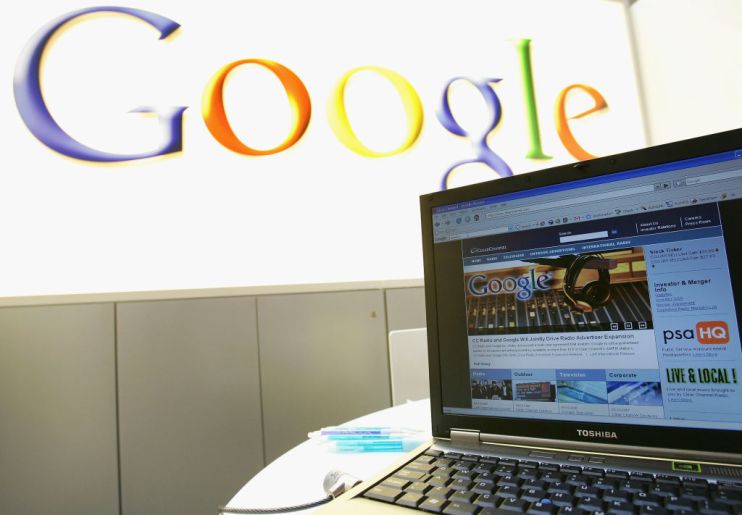From Mad Men to micro-targeting: The internet has democratised advertising

The coronavirus pandemic has shown that the internet is something we can no longer live without.
It has helped us to connect with loved ones we have been unable to physically meet, build communities and groups online to provide help to those who needed it most, and crucially it has enabled small businesses to continue operating and selling online.
Entrepreneurs and small businesses represent the backbone of the economy, with their digital skills becoming ever more important to their success. Currently, 53 per cent of UK SMEs are selling online. For every £1 a sole trader makes, an average of £0.69 comes via digital sales, and nearly half of all the UK’s e-commerce-ready sole traders do over 90 per cent of their business online. A key contributor to that growth is the potential to easily find new customers enabled by the internet.
Historically, word of mouth travelled slowly — and unless a business or shop had a prime location, it took time for people to find out about it. Large scale advertising used to be reserved for the big players. Without an impressive marketing budget, you couldn’t realistically promote your product to a big audience.
Digital advertising has changed the rules of the game on marketing — and ushered in an age of innovators and startups able to launch their products at short notice, with smaller budgets and to larger audiences. With the world at the fingertips of a budding entrepreneur, digital advertising has created a vibrant economy of small businesses able compete at both a national and international level.
For a tiny budget compared to previous eras where costly TV or print ad spend was the only way to access large audiences, any small business can reach consumers through data-driven advertising, making sure customers see products that are relevant to them. No wonder, then, that recent studies have shown that almost half of all digital ad spend now comes from SMEs.
This isn’t a niche economic issue — it’s a business game-changer. Finding new customers is a top priority for SMEs, and lowering the cost of getting them is vital. Digital advertising has allowed that ambition to become a reality — with an estimated 60 per cent of SMEs now using paid-for digital advertising in the UK.
The internet levels the playing field between large and small companies in another way too: a company no longer needs an established brand for people to trust that its products are good quality. Online reviews provide information about businesses both large and small — and they are now one of the most trusted forms of product information.
But while the outlook is positive — as shown by the Entrepreneurs Network’s new Upgrade report out last week — there is work to be done. Almost a fifth of SMEs who say they have a poor understanding of technology, with e-marketing a particular issue.
The benefits of digital advertising are clear from both a business and competitiveness perspective, but SMEs need support to make the most of it and continue to grow. Improving awareness of and access to digital training is vital. The government should trial different approaches to see what best increases the uptake of different schemes. And support for peer-to-peer learning initiatives — a tried and tested approach for increasing SME adoption of business best practices — should be prioritised.
The UK has long championed itself as the best place on earth to take a risk and start a new business. Some of the world’s top entrepreneurs and SMEs reside here. That must not be forgotten by policymakers and officials when they are thinking about digital advertising.
By helping SMEs leverage the new marketing landscape that allows them to compete with any company on the world stage, we can ensure that the UK retains its edge in global business leadership.
Main image credit: Getty